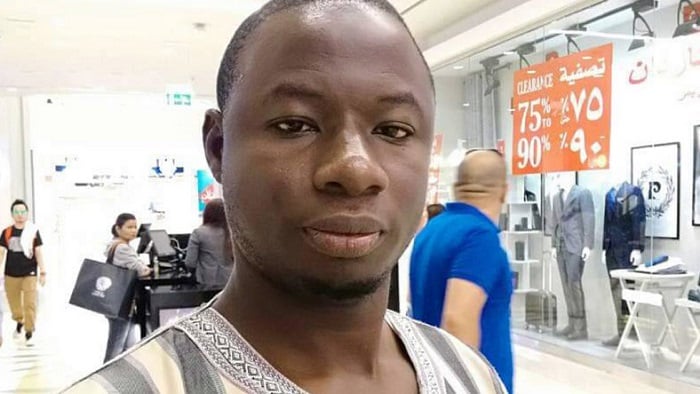The wheels of justice are slowly turning in the case of Ahmed Suale, the investigative journalist tragically murdered in 2019. A District Court in Madina, Ghana, has directed the police to submit a Bill of Indictment against Daniel Owusu Koranteng, a former employee of Tiger Eye P.I., by May 13, 2025. Koranteng stands accused of playing a pivotal role in Suale’s death. This legal document, a crucial step in the committal proceedings, will outline the charges against Koranteng, summarize the prosecution’s evidence, and list the exhibits to be presented if the case proceeds to the High Court. The court’s order comes after the prosecution requested additional time to finalize the indictment, citing the complexities of the case. Koranteng’s legal counsel expressed concern over the delay, emphasizing the importance of his client’s liberty, currently curtailed by his ongoing remand in prison custody following a denied bail application at the High Court.
The initial charge against Koranteng was a single count of murder. However, an amended charge sheet now includes an additional charge of abetment of crime, adding another layer to the legal proceedings. The prosecution alleges that Koranteng aided two other suspects, currently at large, in the murder of Ahmed Suale, who was fatally shot at his home on January 16, 2019. Court documents paint a grim picture of the events leading to the tragic incident, alleging that Koranteng provided photographs of the deceased to Kennedy Agyapong, who subsequently displayed them on Net2 TV and publicly called for retribution against Suale. This act, the prosecution contends, directly contributed to the climate of hostility that ultimately led to Suale’s assassination.
The court documents further allege that Koranteng, possessing knowledge of Suale’s residence and potential hideouts, guided the two fugitive accomplices to the journalist’s house, where the fatal shooting occurred. This information, if proven, establishes a clear link between Koranteng’s actions and the tragic outcome. The prosecution’s case hinges on demonstrating not only Koranteng’s involvement but also the intent behind his actions, a crucial element in securing a conviction. The long road to justice for Ahmed Suale continues, marked by legal maneuvering, the pursuit of evidence, and the relentless efforts of those seeking to hold those responsible accountable.
Koranteng’s legal team has made repeated attempts to secure his release on bail, but their efforts have been unsuccessful. The Madina Magistrate Court, presided over by Suzy Nkotey, denied the initial bail application, citing a lack of jurisdiction in murder cases. Subsequently, an appeal to the High Court, overseen by Justice Naa Koowa Quarshie, also resulted in the denial of bail. Koranteng remains in prison custody, awaiting the next stage of the legal proceedings. The court’s decision reflects the gravity of the charges he faces and the potential for flight risk, given the severity of the potential sentence.
The ongoing case highlights the inherent tension between the right to liberty and the pursuit of justice. While Koranteng’s legal team argues for his freedom pending trial, the court has prioritized the need to ensure his presence throughout the legal process. The extended timeline for the submission of the Bill of Indictment, while frustrating for the defense, allows the prosecution ample time to thoroughly prepare their case, ensuring a fair and comprehensive trial. The coming months will be crucial, as both the prosecution and defense continue to build their cases, gathering evidence and preparing their legal strategies.
The murder of Ahmed Suale has sent shockwaves through Ghana’s media landscape, raising concerns about press freedom and the safety of journalists. The case has drawn significant public attention, with many demanding justice for Suale and accountability for those involved. The eventual outcome of the trial will not only determine Koranteng’s fate but also send a powerful message about the protection afforded to journalists in the country. The world watches as the Ghanaian legal system navigates this complex and emotionally charged case, hoping for a just resolution that honors the memory of Ahmed Suale and upholds the principles of freedom of expression.














